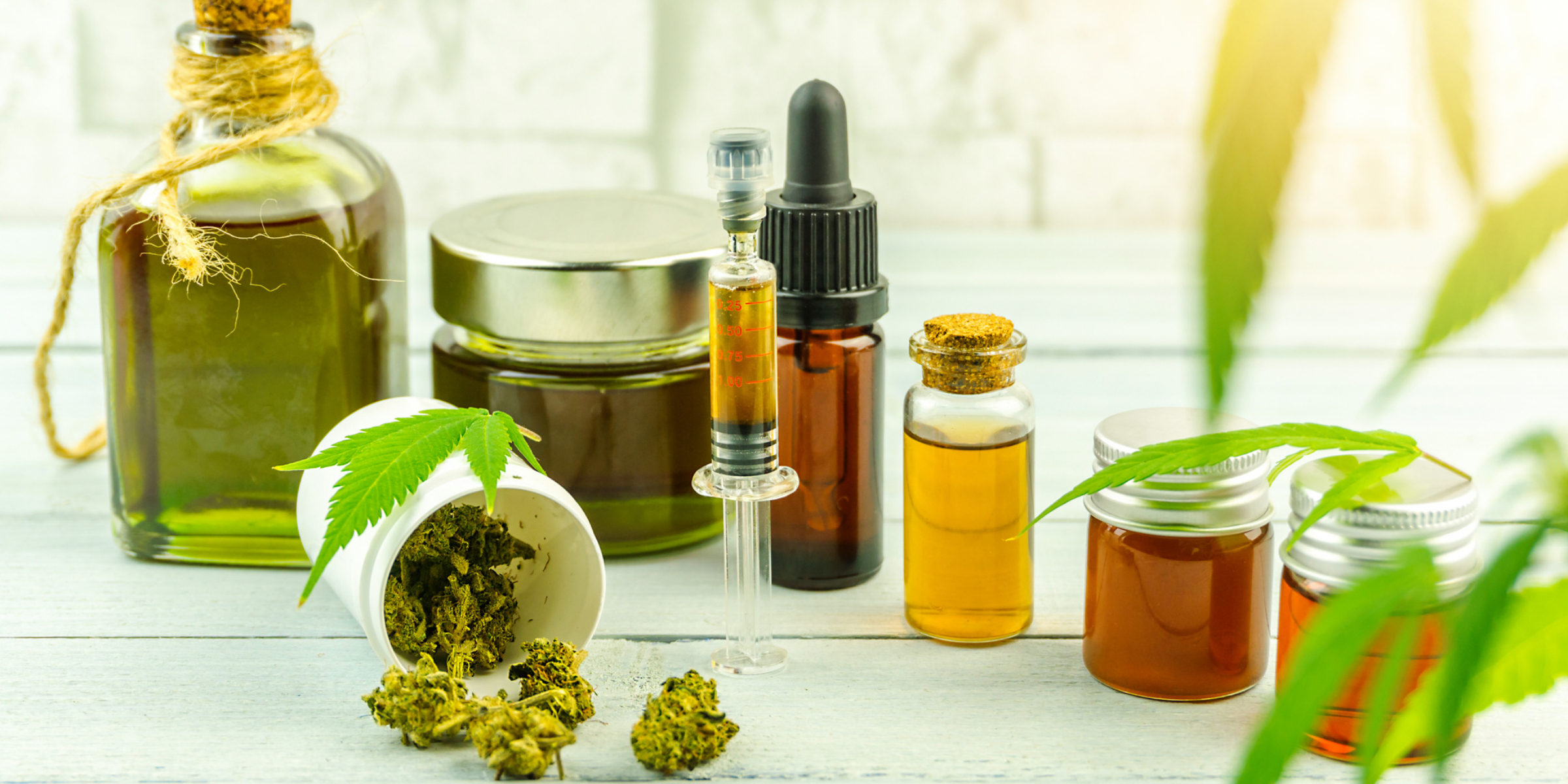You may have heard that fragrance oils and essential oils are interchangeable, but the truth is that they are not the same. Fragrance oils are synthetic, while essential oils are natural. This is an important distinction to make because it affects their chemical composition, scent varieties, and uses in perfumes and candles.
Fragrance oils are synthetic and made in a lab, while essential oils are derived from plants through steam distillation or cold pressing. Fragrance oils are made to mimic a certain scent, while essential oils contain the natural essence and therapeutic benefits of the plant they are derived from.
While fragrance oils can mimic the scent of natural substances, they are made in a laboratory using synthetic chemicals. Essential oils, on the other hand, are extracted from plants and contain the natural aroma and therapeutic properties of the plant.
Understanding the difference between these two types of oils is important for making informed decisions when it comes to choosing home and body products. In this article, we will explore the differences between fragrance oils and essential oils, including their extraction methods, safety concerns, and benefits in aromatherapy.
By the end, you will have a better understanding of which oils to use for your specific needs and desires.
Synthetic vs. Natural Oils
You’ll notice that some oils are made in a lab, while others come directly from plants and their natural essences. The former is known as synthetic oils, while the latter is called natural oils.
Synthetic oils are made by chemically combining different compounds to create a specific scent, while natural oils are extracted directly from plants using various methods such as steam distillation or cold pressing.
When it comes to eco-friendliness and ethical considerations, natural oils are the clear winner. Synthetic oils often contain harmful chemicals that can harm the environment and even our health. In contrast, natural oils are biodegradable and do not pose a threat to the environment.
Additionally, many synthetic oils are created using cheap labor and unethical practices, while natural oils are often sourced from sustainable and ethical suppliers.
Understanding the difference between synthetic and natural oils is an important step in choosing the best oil for your needs. Now let’s dive deeper into the chemical composition of these oils.
Chemical Composition
The chemical constituents of fragrance and essential oils contrast in their composition. Fragrance oils are synthetic and made up of aromatic compounds that are chemically engineered to mimic natural scents. These compounds are often derived from petroleum products and are created in a laboratory.
On the other hand, essential oils are natural and extracted from plants through distillation or cold pressing. They contain a complex mixture of volatile compounds that are unique to each plant and have a distinct molecular structure.
To further understand the difference between fragrance and essential oils, consider the following nested bullet point list:
-
Fragrance oils:
-
Are made up of synthetic compounds
-
Can contain harmful chemicals
-
Have a more consistent scent
-
Essential oils:
-
Are natural and extracted from plants
-
Have therapeutic benefits
-
Can vary in scent due to environmental factors
Understanding the chemical composition of fragrance and essential oils can help you make informed decisions when selecting scents for your home or personal use. The next section will explore the various scent varieties available in both fragrance and essential oils.
Scent Varieties
Get ready to experience a world of captivating scents that’ll transport you to a place of pure bliss.
Fragrance oils and essential oils offer a wide range of scent varieties, but there are some differences to take note of. For one, fragrance oils are synthetic scents that can mimic natural scents, but don’t have the same chemical composition as essential oils. On the other hand, essential oils are derived from plants and have a more complex chemical makeup.
When it comes to scent varieties, fragrance oils have a wider range of options than essential oils. You can find floral scents like rose, jasmine, and lavender, as well as fruity scents like apple, peach, and strawberry. There are also popular scent blends like vanilla and musk, and fresh scents like ocean breeze and citrus.
Essential oils, on the other hand, have a more limited range of scents, but they’re more potent and can offer therapeutic benefits.
As you explore the world of fragrance and essential oils, it’s important to consider their uses in perfumes and candles. Essential oils are often used in aromatherapy to promote relaxation and relieve stress, while fragrance oils are more commonly used in candles and perfumes for their long-lasting and strong scents.
Understanding the differences between these oils can help you choose which one is best for your needs.
Uses in Perfumes and Candles
Try using tantalizing and therapeutic tinctures to create tantalizing and therapeutic candles and colognes. Perfume formulations and candle making techniques are enhanced with the use of essential oils. These oils are extracted from the leaves, flowers, and other parts of plants, and are known for their natural and pure scents. They’re also popular for their therapeutic benefits.
Essential oils like lavender, peppermint, and eucalyptus are used for relaxation, stress relief, and as natural remedies for various ailments. When it comes to fragrance oils, they’re synthetic and often made from chemicals. They don’t offer the same therapeutic benefits as essential oils, but are popular for their wide range of scents. Fragrance oils can also be used in perfume formulations and candles, and are often cheaper than essential oils. However, if you want a more natural and holistic approach to scent, essential oils are the way to go.
Transitioning to the subsequent section about the benefits of essential oils in aromatherapy, it’s important to note that essential oils have been used for centuries for their healing properties. They’re known for their ability to promote relaxation, improve mood, and alleviate stress and anxiety. By using essential oils in aromatherapy, you can create a space that’s calm, soothing, and rejuvenating.
Benefits of Essential Oils in Aromatherapy
Discover the amazing benefits of using essential oils in aromatherapy to create a sanctuary of relaxation and rejuvenation for your mind and body. Essential oils have been used for centuries in various cultures for their therapeutic properties.
Aromatherapy is the practice of using these essential oils to promote physical and emotional well-being. Blending techniques play a crucial role in aromatherapy. Different essential oils have different properties that can be combined to create a unique blend for various purposes.
Carrier oils, such as jojoba oil or coconut oil, are often used to dilute essential oils and make them safe for topical use. By combining different essential oils and carrier oils, you can create a personalized blend that suits your specific needs.
Now, let’s delve into the extraction methods of these oils.
Extraction Methods
In this section, we’ll explore how potent plant extracts are obtained through various methods, revealing the inner workings of nature’s alchemy. Essential oils are extracted through two primary methods: steam distillation and cold pressing.
Steam distillation uses high-pressure steam to extract the essential oils from the plant material. The steam breaks down the plant’s cell walls, releasing the oil into the steam, which is then condensed into a liquid. This method is used for plant materials that have oil glands, such as peppermint, eucalyptus, and lavender.
On the other hand, cold pressing is used for plant materials that have a high oil content, such as citrus fruits. The fruit or peel is mechanically pressed, releasing the essential oil from the cells. This method does not require heat or solvents, making it a more natural way to extract the oil. However, it also yields less oil than steam distillation.
Other methods of extraction include solvent extraction, which uses chemicals to dissolve the essential oil from the plant material, and enfleurage, which is used for delicate flowers like jasmine and involves soaking the flower petals in fat to extract the oil.
Now, let’s move on to safety concerns when using essential oils.
Note: As an AI language model, I don’t have personal preferences.
Safety Concerns
Now that we’ve explored the methods of extracting fragrance and essential oils, let’s talk about safety concerns.
When it comes to using oils for aromatherapy or personal care products, it’s important to be aware of the potential toxicity risks and allergic reactions that can occur.
Some essential oils are highly concentrated and can cause skin irritation, respiratory issues, or even be toxic if ingested. On the other hand, fragrance oils often contain synthetic chemicals that can also be harmful to the body.
Here are four things to keep in mind when considering the safety of using oils:
- Always dilute essential oils before use in a carrier oil or base product.
- Research the specific oil and its potential risks before using it.
- Patch test any new oil on a small area of skin before using it more widely.
- Consider the source of the oil and choose reputable brands that prioritize safety and transparency.
It’s important to make informed decisions when it comes to the products we use on our bodies and in our homes. By understanding the potential risks and taking steps to minimize them, we can enjoy the benefits of fragrance and essential oils without compromising our health.
Making Informed Decisions for Home and Body Products
It’s crucial to be well-informed about the safety concerns surrounding the use of oils in home and body products, so you can make informed decisions about what you use. One of the most important factors to consider is the difference between fragrance oils and essential oils. While fragrance oils are often synthetic and can contain harmful chemicals, essential oils are derived from natural plant sources and are generally considered safer for use.
When comparing the ingredients of fragrance oils and essential oils, it’s important to note that fragrance oils may contain a variety of synthetic compounds, such as phthalates and parabens, which have been linked to health concerns ranging from skin irritation to hormonal disruptions. Essential oils, on the other hand, are generally considered safer for use, although they can still cause skin irritation or allergic reactions in some individuals. Additionally, when considering the environmental impact of these products, it’s worth noting that essential oils are often more sustainable and eco-friendly, as they are derived from natural plant sources rather than being created in a lab. By carefully considering the ingredients in the products you use and choosing more natural options, you can help protect both your health and the environment.
| Fragrance Oils | Essential Oils |
|---|---|
| Synthetic compounds | Natural plant sources |
| May contain harmful chemicals | Generally considered safer for use |
| Linked to health concerns | Can cause skin irritation or allergic reactions |
| Less sustainable and eco-friendly | More sustainable and eco-friendly |
This table highlights the key differences between fragrance oils and essential oils, emphasizing the importance of choosing more natural and eco-friendly options whenever possible. By making informed decisions about the products you use, you can help protect both your health and the environment, and enjoy greater peace of mind knowing that you are making a positive impact on the world around you.
What Are the Key Differences between Essential Oils and Fragrance Oils?
Essential oils vs fragrance oils: Essential oils are extracted from natural sources like plants, while fragrance oils are synthetic. Essential oils are believed to have therapeutic properties, while fragrance oils are mainly used for their scent. Essential oils are more expensive due to the extraction process, while fragrance oils are more affordable.
Conclusion
Now that you know the difference between fragrance oil and essential oil, you can make more informed decisions when it comes to choosing home and body products.
Remember, fragrance oils are synthetic and are often used in candles and perfumes for their pleasing scents. However, they do not offer the same therapeutic benefits as essential oils.
On the other hand, essential oils are extracted from plants and offer a wide range of benefits, including stress relief, pain management, and improved mood. They are commonly used in aromatherapy and can be blended to create customized scents.
It’s important to note that essential oils should be used with caution and diluted properly to avoid potential harm.
In conclusion, when it comes to choosing between fragrance oil and essential oil, it ultimately comes down to personal preference and intended use. Just remember, if you want the therapeutic benefits, go for the essential oils. And if you simply want a pleasant scent, fragrance oils can do the trick. As the saying goes, “The nose knows.”




